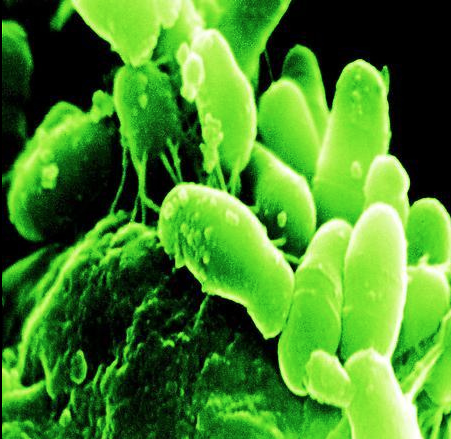New Scientist
Image: Tim Sandle
The friendly bacteria in our gut may help fight cancer. Two new studies in mice show that some anti-cancer therapies work best when the microbes in our body are strong and healthy – which suggests that antibiotics and cancer might not always make a good combination.
We know that friendly, or commensal, bacteria can influence inflammation in the body, and that some forms of inflammation help cancers to grow – but it is unclear whether commensal bacteria have a direct influence on cancer development.
To find out, Laurence Zitvogel at the Gustave Roussy Institute in Villejuif, France, and her colleagues studied cyclophosphamide, a drug used to treat brain cancers and blood cancers including leukaemia. The drug works by encouraging the body to produce a certain type of immune T-cell that attack tumours. Zitvogel’s team gave the drug to mice with sarcomas – a rare cancer that develops in muscle, nerves and bones – and skin cancer. Within 48 hours, the cyclophosphamide had affected the lining of the small intestine, allowing some of the rodents’ gut bacteria to escape and enter their lymph nodes and spleen.
Once there, it was these bacteria – not the drug itself – that encouraged immature immune cells in the lymph nodes to develop into the tumour-targeting T-cells. Read more on newscientist.com…








